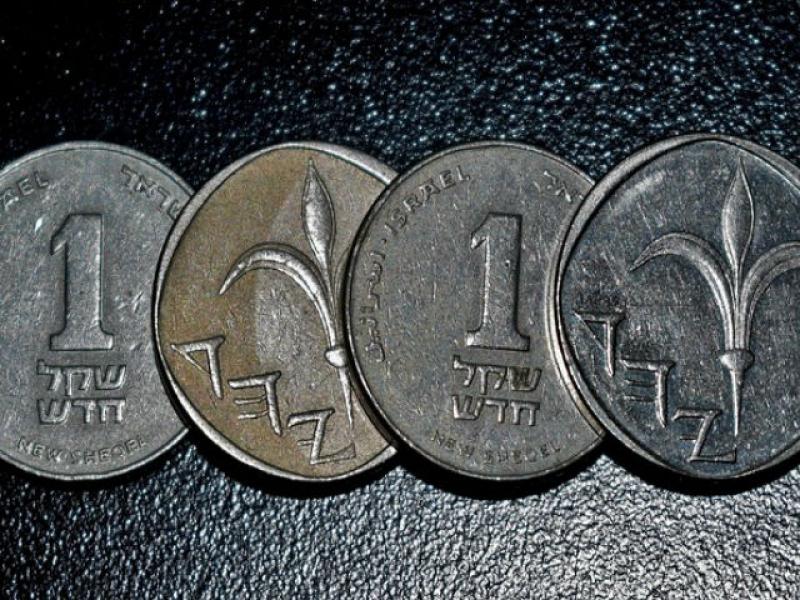
Income inequality in Israel increased in 2018 after three years of decline - according to data on households' expenditure and income published by the Central Bureau of Statistics on Tuesday. According to the data, the Gini income inequality index rose to 0.355 points (up from 0.351 points in 2017).
The figures also show that the most significant increase was recorded in the average health expenditure of an average family in 2018, and that the share of Israel's top decile in net monetary income increased, approaching a quarter of the total income of the deciles. In the lower three deciles, the monthly financial expenditure is higher than the monthly income, which may indicate that these deciles have to live off their savings or take out loans to "close the month".
The CBS released the Household Expenditure Survey data for 2018, the comprehensive annual survey on the total public expenditure and income in Israel. The data shows that the average household health expenditure increased by a sharp 5.3% in 2018, and food expenditure increased At 2.9%, against the backdrop of the sharp rise in vegetable and fruit prices in 2018. Significant declines were recorded in apparel and footwear (4.9%) and in education, culture and entertainment (4.4%).
The good news from the data is that family income grew at a faster rate than spending: in 2018, average household income grew by a real 4.3%, while that family's spending increased only by 0.5%. At the end of 2018, the average monthly household income in Israel was NIS 21,063 or NIS 17,276. The average monthly expenditure was NIS 16,475, so one can assume that an average household in Israel manages to save NIS 801 a month.
However, the average figures hide the gaps between the deciles, especially on the income side: the monthly income of the top decile in Israel is 8.4 times higher than that of the lower decile, while the monthly expenditure in the top decile is only 2.4 times higher.
In 2018, the top decile in Israel increased its share of the income pie significantly: from 22.2% of total net income to 23%. Net financial income of NIS 40,254 per month was required to enter the top decile in Israel in 2018, compared with NIS 25,671 which was sufficient for the ninth decile. Income in the first decile was NIS 4,786 a month.
Articles Archive
Top Categories
ABOUT IFI TODAY

Lorem ipsum dolor sit amet, consectetur adipisicing elit, sed do eiusmod tempor incididunt ut labore et dolore magna aliqua. Ut enim ad minim veniam, quis nostrud exercitation ullamco laboris nisi ut aliquip ex ea commodo consequat. Duis aute irure dolor in reprehenderit in voluptate velit esse cillum


Comments